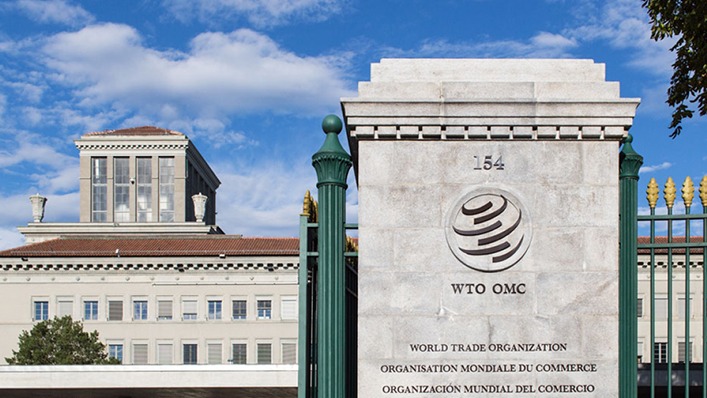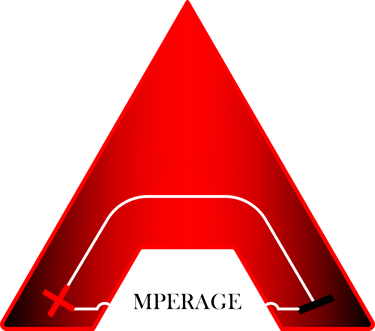WTO Greenlights EU's Green Energy Rules after Dispute with Malaysia
The World Trade Organization (WTO) maintained the EU's authority to implement climate- and environmental-related policies under the Renewable Energy Directive (often known as "RED II") in a decision released on March 5, 2024
The World Trade Organization (WTO) recently approved the European Union's (EU) use of its Renewable Energy Directive (RED II) to safeguard the environment. This followed a dispute with Malaysia over EU laws governing palm oil and biofuels.
The EU sets targets for using renewable energy in transportation, but it restricts specific biofuels due to concerns about their environmental impact. The WTO mainly agreed that the EU's rules are acceptable, but there are some concerns about how one aspect is implemented.
The EU intends to address these difficulties so that it can comply with WTO standards. Another comparable disagreement with Indonesia is now paused.
If nobody throws any more curveballs, the WTO ruling will be made official within two months. Then Malaysia and the EU will work together to ensure that everything is in order. The Indonesia issue is on hold until May, unless they decide to press the play button sooner.
This whole matter started because of the EU's limits on renewable energy, particularly biofuels. Malaysia was dissatisfied with the treatment of palm oil-based biofuels, which they saw as unfair. The dispute began in 2021 after informal talks between the EU and Malaysia failed to resolve the issue. Indonesia too experienced a similar issue, however their case is currently quiet.
Clean Energy Transition
In general, it benefits the switch to clean energy. With the help of the World Trade Organization (WTO), the European Union (EU) can proceed with enacting policies to advance renewable energy and tackle apprehensions regarding the ecological consequences of specific biofuels. This is known as the Renewable Energy Directive (RED II).
In order to aid in the broader shift to more ecologically friendly and sustainable behaviors, the RED II program seeks to promote the use of cleaner energy sources in transportation. The WTO's approval of the EU's initiatives implies that the need of developing clean energy is recognised internationally, even though certain adjustments may be necessary.
In the long run, such actions can help to strengthen global efforts to battle climate change and create a greener, more sustainable future. It demonstrates that countries can implement rules and regulations to encourage renewable energy transitions without breaking international trade agreements.


Share this story:
Share this story
